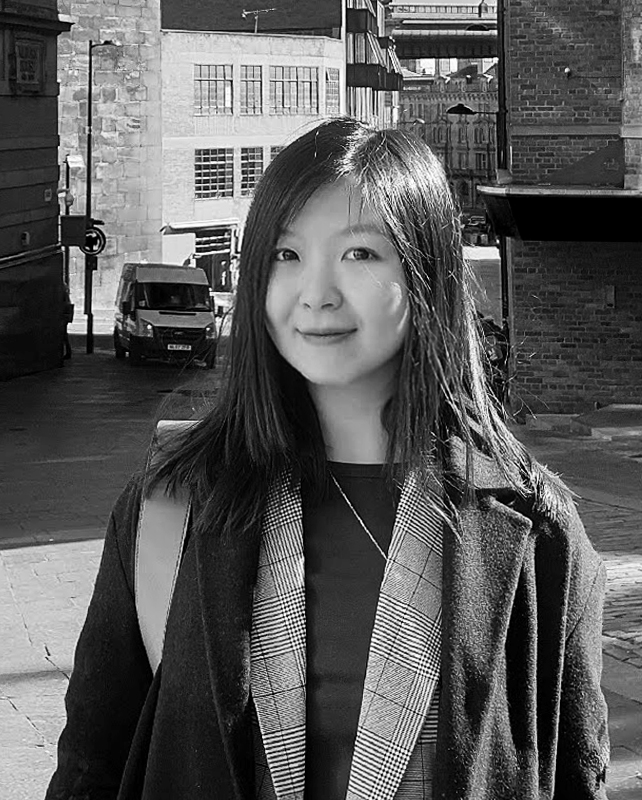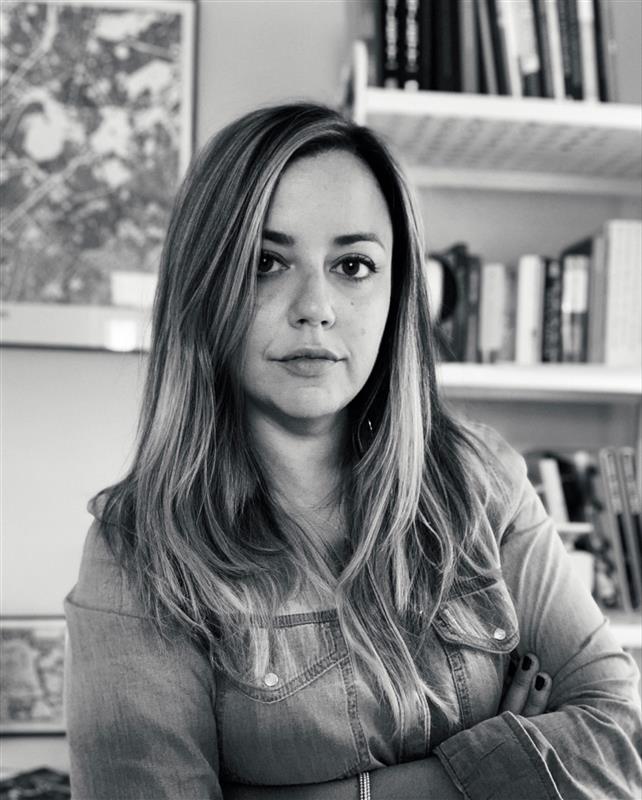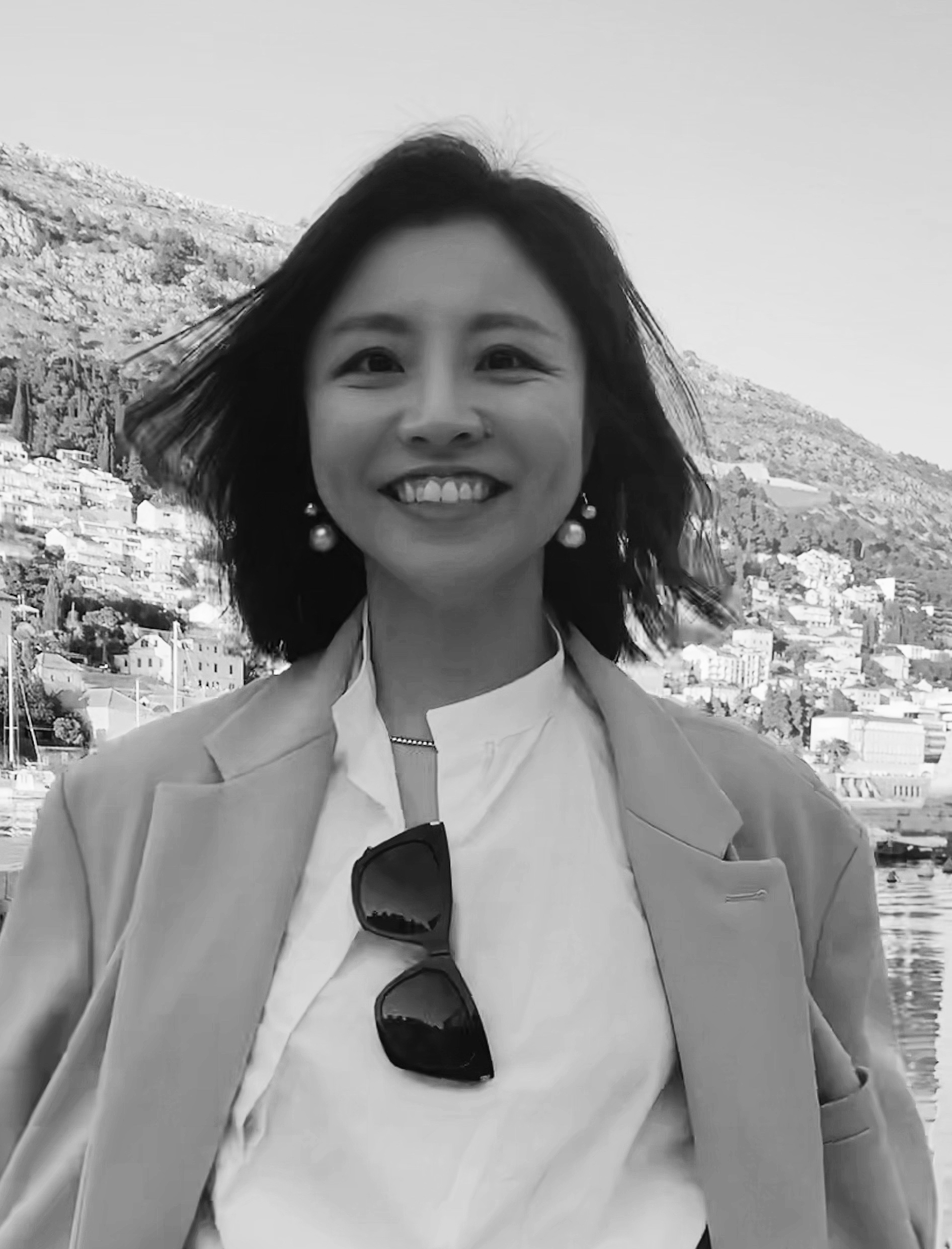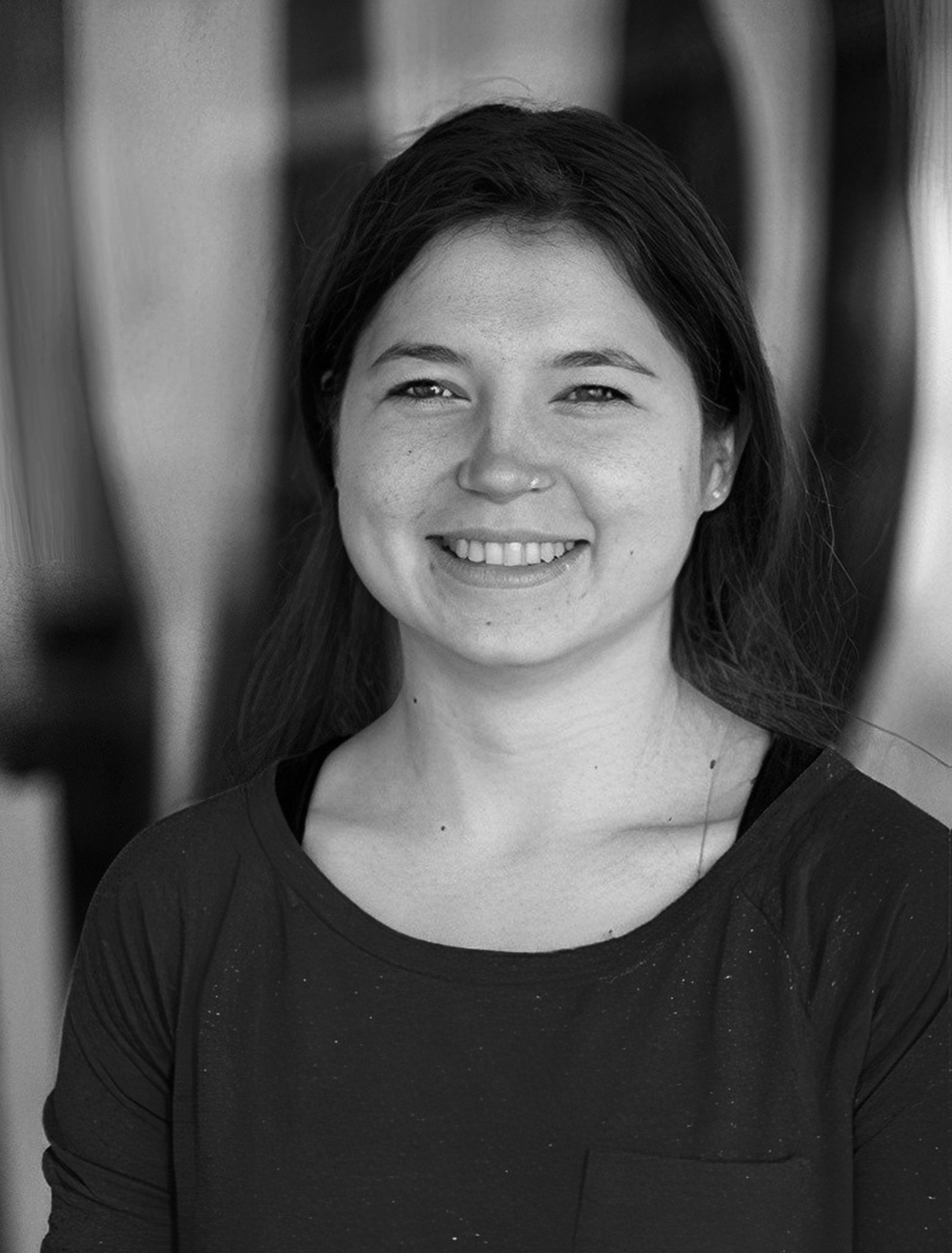
The Research Team
Senior Lecturer
Architecture and Built Environment, Northumbria University
Email: jiayi.jin@northumbria.ac.uk
Jiayi is the studio lead of Performing Architecture studio and she is also the acting Programme lead of the Master of Architecture at Northumbria. Her ongoing research focuses on addressing the enduring disparities within contemporary societies and exploring grassroots strategies for sustainable and inclusive urban development. Within this inclusive examination of gender-related issues, she emphasises the significance of spatial elements in public areas, encompassing mobility networks, functional distribution, and the availability of adaptable and gender-equal spaces, along with co-creation and co-design processes. These dimensions are pivotal for meeting the needs of women and fostering social resilience within these systems, ultimately facilitating both spatial and social mobility throughout urban environments.
Senior Lecturer
Civil Engineering and Architecture, The University of Pavia
Email: nadia.bertolino@unipv.it
Nadia is an architectural theorist, researcher and educator concerned with ethical practices in response to socio-spatial inequalities and environmental emergencies. Her approach to 'space' as an ever-changing, often unbalanced system of social changes, political negotiations and architectural propositions is positioned at the cross-boundary between architecture and social science. In the department, she leads the Architectural Theory strand and she is Athena SWAN co-lead for Architecture, committing to educational practices that are inclusive, progressive and socially and environmentally just. Consistently with this personal trajectory, she has more recently engaged with feminist pedagogies and issues around decolonising architectural education and research.
Dr. Grace Gao
Senior Lecturer
Newcastle Business School, Northumbria University
Email: g.gao@northumbria.ac.uk
Grace is a feminist scholar. Her research mainly draws upon feminist theories (e.g., intersectionality), interrogating work on the gendered nature of non-traditional employment and the emergence of women in male-dominated sectors across borders. Her work has appeared in international outlets such as Gender, Work and Organization. She is currently doing projects on the topic of singlehood and mobility and co-editing a special issue Towards an Integrated Theory of Gender, Time and Organisations at International Journal Management Review (IJMR), a high-esteem house journal of the British Academy of Management. She also serves as the Social Media Editor for Gender, Work and Organization.
Senior Lecturer
Northumbria School of Design, Northumbria University
Email: angelika.strohmayer@northumbria.ac.uk
Angelika is an interdisciplinary technology researcher. Her research is inspired by feminist participatory action research, research through design, and creative practice, and lies at the intersection of practice-led and theoretical research surrounding issues of feminist and social justice-oriented HCI. She works collaboratively on in-the-world projects that engage people at all stages of the research process to engender change towards more just worlds, and she works across boundaries, bringing together disparate groups to engage in creative and digital endeavours for personal wellbeing, community engagement, and public advocacy. She is a founding member and co-leader of fempower.tech, a feminist technology collecting aiming to raise awareness of, and improve experiences by people who are made marginal in HCI and technology research more widely.
Kexin Huang
Research Assistant
Architecture and Built Environment, Northumbria University
Email: kexin.huang@northumbria.ac.uk
Kexin received her Master's degree in Sociology and Social Research with Distinction from Newcastle University and now a PhD student at Warwick University. Her research of interest includes gender, urban space, aesthetics, critical race theory, neoliberalism and body politics. More specifically, she looks at women and gender minorities' embodiment in urban and public spaces, especially in neoliberal societies, with close attention to intersectionality. In her research, she focuses on the discursive power structures and resistance as an approach to investigating gender-based inequalities. In one of her master's projects, she examined the usefulness of bottom-up approaches in challenging hegemonic structures in cities and believes in its potential to galvanize spatial and social changes for a more inclusive and equal society.





